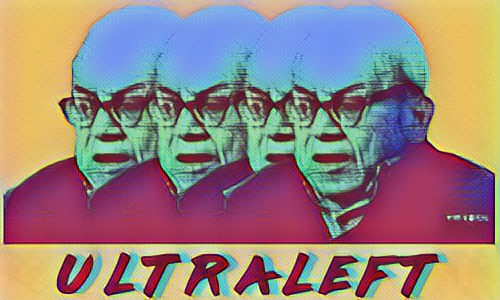Christian Anarchism and the Abolition of the Family
Perhaps one of the most radical passages of the Bible is in Luke 12:53, “They will be divided, father against son and son against father, mother against daughter and daughter against mother, mother-in-law against daughter-in-law and daughter-in-law against mother-in-law.” This is the best support for the Christian Anarchist’s advocating for the abolition of the family. The idea being that primacy of familial ties is in effect a form of racism in which those with blood ties are elevated above other human beings. This may seem like a radical notion with no good outcomes, but imagine a world in which we all care for each other regardless of specific familial preferences. Likewise, the individualist anarchist Ayn Rand compared partiality towards consanguinity with racism, as a small-scale manifestation of the latter. “The worship of the family is merely racism, like a crudely primitive first installment on the worship of the tribe. It places the accident of birth above a man's values and duty to the tribe above a man's right to his own life.” However, the abolition of the family is not for the sake of individual egoism but for every human life to be valued equally by every other human life.
The radical viewpoints that support the abolition of the family are especially present within varied feminisms. Many anarcha-feminists write about this proposition. The feminist critique of the family conceptualizes this social unit as co-opted by patriarchy and capitalism since woman are conceived of as workers for the family. Additionally, radical queer politics challenge the heteronormativity of the bourgeoise family. Feminists have elaborated ideas about alternative roles and structures that would eliminate those hierarchies and establish just relations in sexual and familial interactions.
Abolition is not merely absence. Abolition is figuring out how to work with people to make something rather than figuring out how to erase something. It is ultimately the most liberatory and emancipative cause to end the coercive aspects of relations also present in family structures. We shall build the means of relating in view of conviviality that does not stop at the boundaries of the “family.”




Comments
Post a Comment